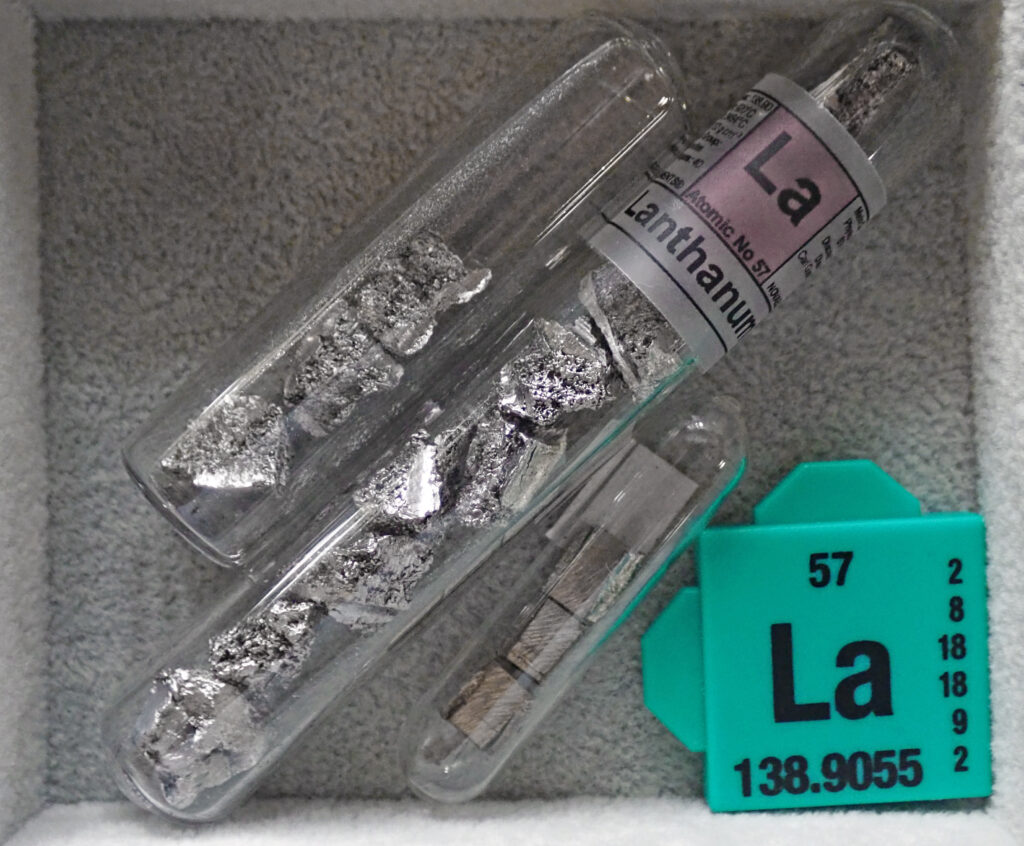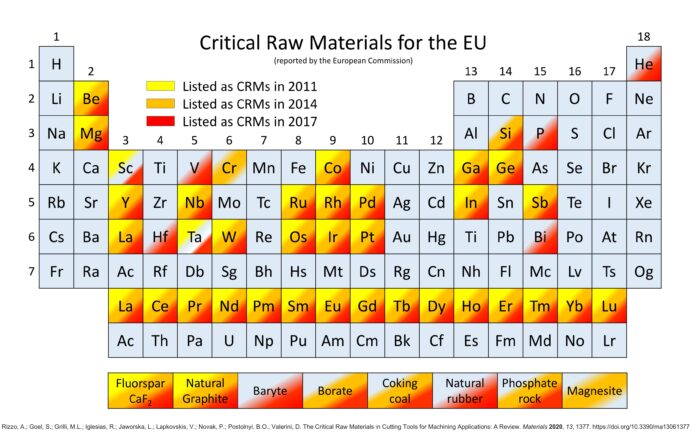In a resolution adopted on Thursday, 10 June, Parliament voiced its concerns about Chinese export restrictions on critical raw materials. China’s quasi-monopolistic position in this respect poses a threat to a number of European industries like the defence or automotive sectors. The resolution stresses the need to activate EU’s domestic mining projects.
The resolution, adopted by 523 votes in favour, 75 against and with 14 abstentions, stated that China has a near monopoly in the global supply of rare earth elements (REEs). Beijing recently (in early April 2025) adopted export restrictions and other unfair trade practices. These actions severely disrupt supply chains and pose a serious risk to the EU’s industrial base.
Parliament labels these China’s actions unjustified and intended to be coercive given the country’s quasi-monopolistic position regarding REEs. MEPs stress the need for the EU to identify, operationalise, and strengthen areas it holds critical advantages over China in essential goods and technologies.
More domestic mining projects needed
A special concern has been expressed over the requirement imposed by the Chinese authorities to disclose sensitive data when applying for export permits. Such practices, according to the Parliament, put European security and technology leadership at risk.
The resolution also underlines the need for the EU to activate domestic mining projects and calls on the Commission and member states to assess the minimum level of strategic stocks of rare earth elements. MEPs call for concluding bilateral partnerships on raw materials with countries that meet high sustainability and human rights standards.
You might be interested
Automotive, defence, renewables, and more
Parliament calls on the Commission to use the upcoming EU-China Summit (to be held on 24-25 July) as an opportunity to engage in dialogue on the importance of a stable, rules-based trading relationship. It underlines the need to use this high-level platform to express the EU’s concerns regarding China’s export restrictions on critical raw materials.

Though the Parliament welcomed the adoption of the first strategic projects under the Critical Raw Materials Act (CRMA), as well as the Commission’s competitiveness and simplification agenda, it also stresses the urgent need for the Commission and the Member States to accelerate the implementation of the CRMA.











